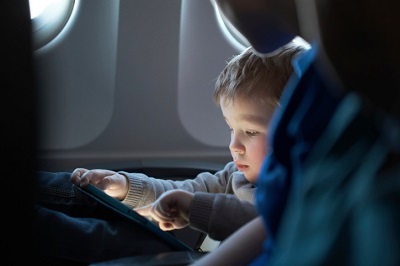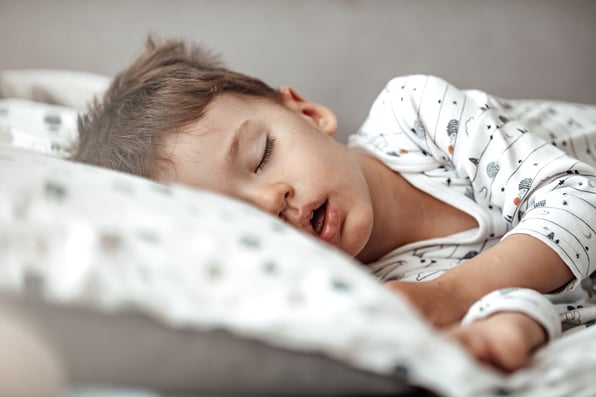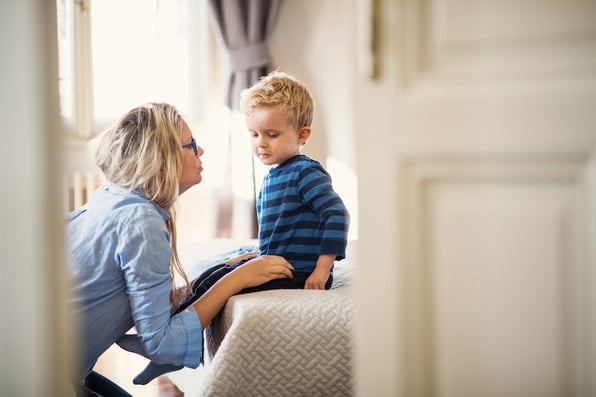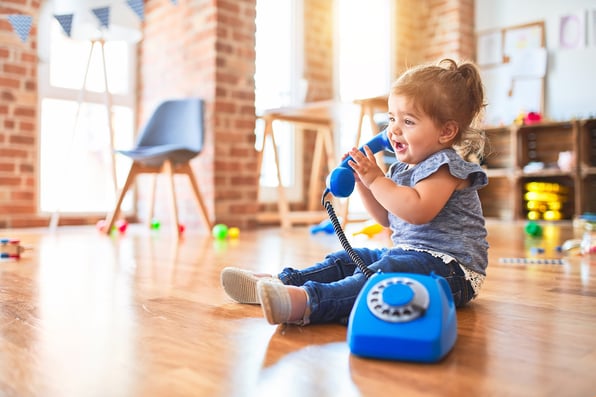 The advent of COVID-19 has increased the number of preparation steps for parents to ensure a safe, enjoyable trip over the holidays. Fortunately, we’ve collected plenty of tips from experts to streamline the process.
The advent of COVID-19 has increased the number of preparation steps for parents to ensure a safe, enjoyable trip over the holidays. Fortunately, we’ve collected plenty of tips from experts to streamline the process.
First, consult the travel section of the Centers for Disease Control and Prevention (CDC) website for the most up to date recommendations. Here is the page where you can enter a location in the United States to find out what unique restrictions exist in the state, city, or national park where you’re headed — and what resources are available there.
Also, because young children are naturally curious and love to touch, stock up on disinfectant wipes and hand sanitizers.
In the Car
Ideally, a long car ride will include your child’s naptime — but for those hours when a toddler is awake, be ready to keep them engaged. A child as young as 2 or 3 can easily understand an “I Spy” game or help you pick out all the red cars on the freeway. Sing-alongs and favorite music downloads can also keep things on an even keel.
Schedule rest stops. An hourly rest stop is a good chance to run off pent-up energy.
Although car travel can take more time than an airplane flight, it comes with a big advantage. When you’re in a vehicle with just the people you live with, experts say you don’t need to wear a mask: “think of your car as an extension of your home . . . most of the time you would not wear a face mask inside your house, and you can use the same thinking to decide if you should don a mask in the car.”
You’ll need to manage mask wearing protocols inside of restaurants and restroom stops, but having plenty of maskless time in the car can be a real plus when you have toddlers.
In the Plane
In an LA Times article, the writer traveled with his children on a flight that required masks for passengers from age 2 and up. He notes that helping young children get used to wearing a mask ahead of time (if they aren’t already) can make it easier. Make sure that everyone’s masks fit well and are comfortable. Take extra ones, too, because kids can drop theirs, the elastic can break, or they can just get dirty through use.
Now here are time-tested tips (that have nothing to do with COVID).
- Prepare your toddler for air travel by pointing out planes in the air, going through picture books about planes, or even investing in a toy plane. The more familiar your child is with the concept of flying, the less likely they’ll get frightened.
- Burn off energy in the airport. Arrive at least an hour before boarding and use that time to walk around, ride the escalators, and burn off nervous energy. Bonus: a little exercise beforehand can help your child to sleep on the plane.
- Pack distractions. Favorite books, toys, games, and snacks are helpful. In addition, introduce one new, cool concept like a box of crayons or a new app for your tablet. The novelty of trying something different can serve as good entertainment.







